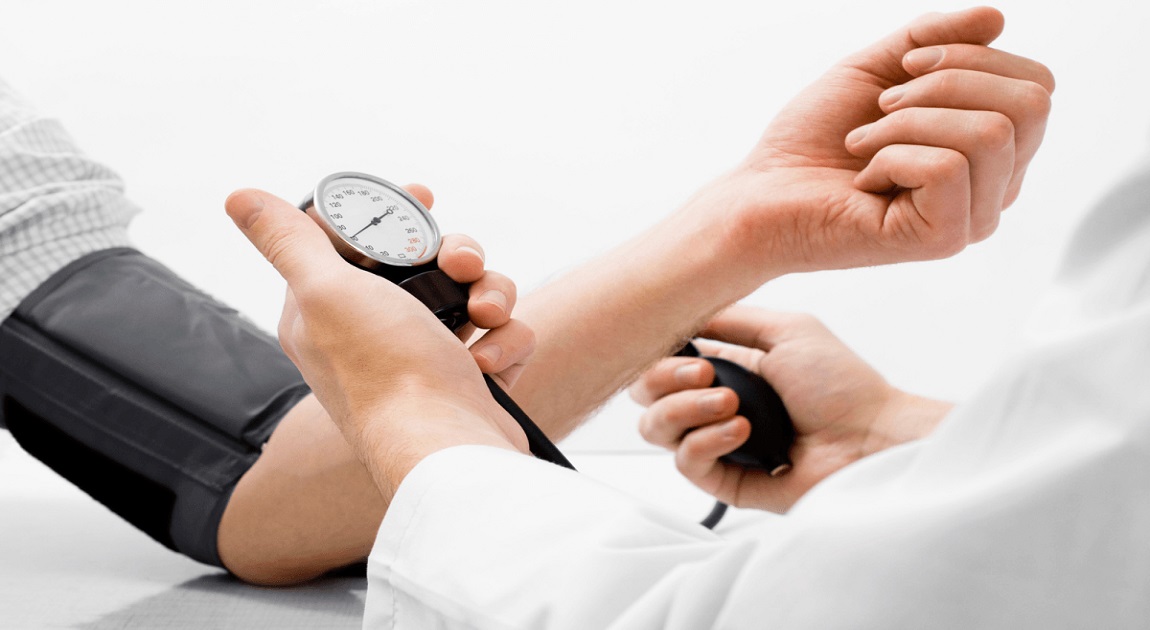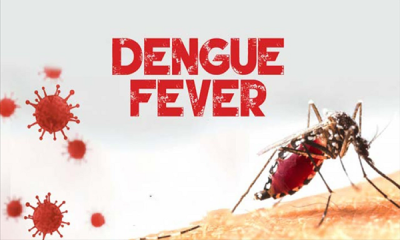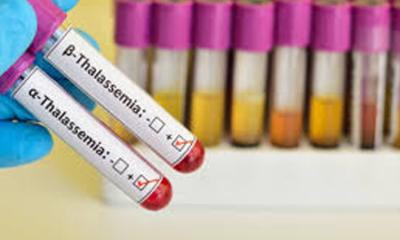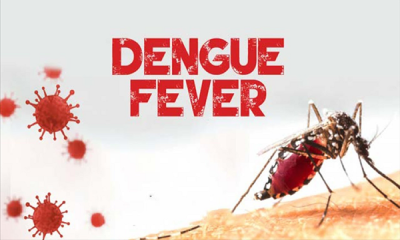Hypertension, or high blood pressure, is a silent but serious condition affecting one in three adults globally. It is diagnosed when blood pressure readings consistently exceed 140/90 mmHg.
Many people with hypertension remain unaware due to the lack of symptoms, which makes early diagnosis critical.
Modern lifestyles—marked by poor diet, high salt intake, fast food consumption, lack of physical activity, obesity, stress, and inadequate sleep—have contributed to the rising number of cases.
Left untreated, hypertension can lead to severe complications, including heart attack, stroke, kidney damage, and vision problems.
Early diagnosis through routine health screenings is essential to prevent these long-term health risks. When detected early, appropriate medication and lifestyle changes can protect vital organs like the heart, brain, kidneys, and eyes from damage caused by persistently high blood pressure.
Regular monitoring, especially for those with a family history, can significantly reduce the chances of organ failure and other related diseases.
Detecting hypertension early also improves overall life expectancy and quality of life. People can avoid serious health crises and hospitalizations by managing the condition with medication and lifestyle adjustments.
This proactive approach also reduces long-term healthcare costs associated with treating advanced complications.
Public awareness and preventive health campaigns play a vital role in early detection and education. Promoting healthier habits such as regular exercise, stress reduction, and particularly a low-salt diet can help manage or prevent high blood pressure.
Reducing salt intake, as recommended by health guidelines, has been shown to lower blood pressure significantly. Avoiding processed and high-sodium foods is a simple but effective step toward better heart health.
In conclusion, early detection of hypertension allows timely intervention, reducing the risk of life-threatening complications.
With consistent monitoring, lifestyle changes, and proper treatment, individuals can maintain better health and avoid the consequences of untreated high blood pressure. Prevention remains the most effective strategy.




-20260106082251.webp)

-20251231101531.webp)







-20260226080139.webp)






-20260225072312.webp)










-20260219054530.webp)
-20260224075258.webp)





-20260221022827.webp)